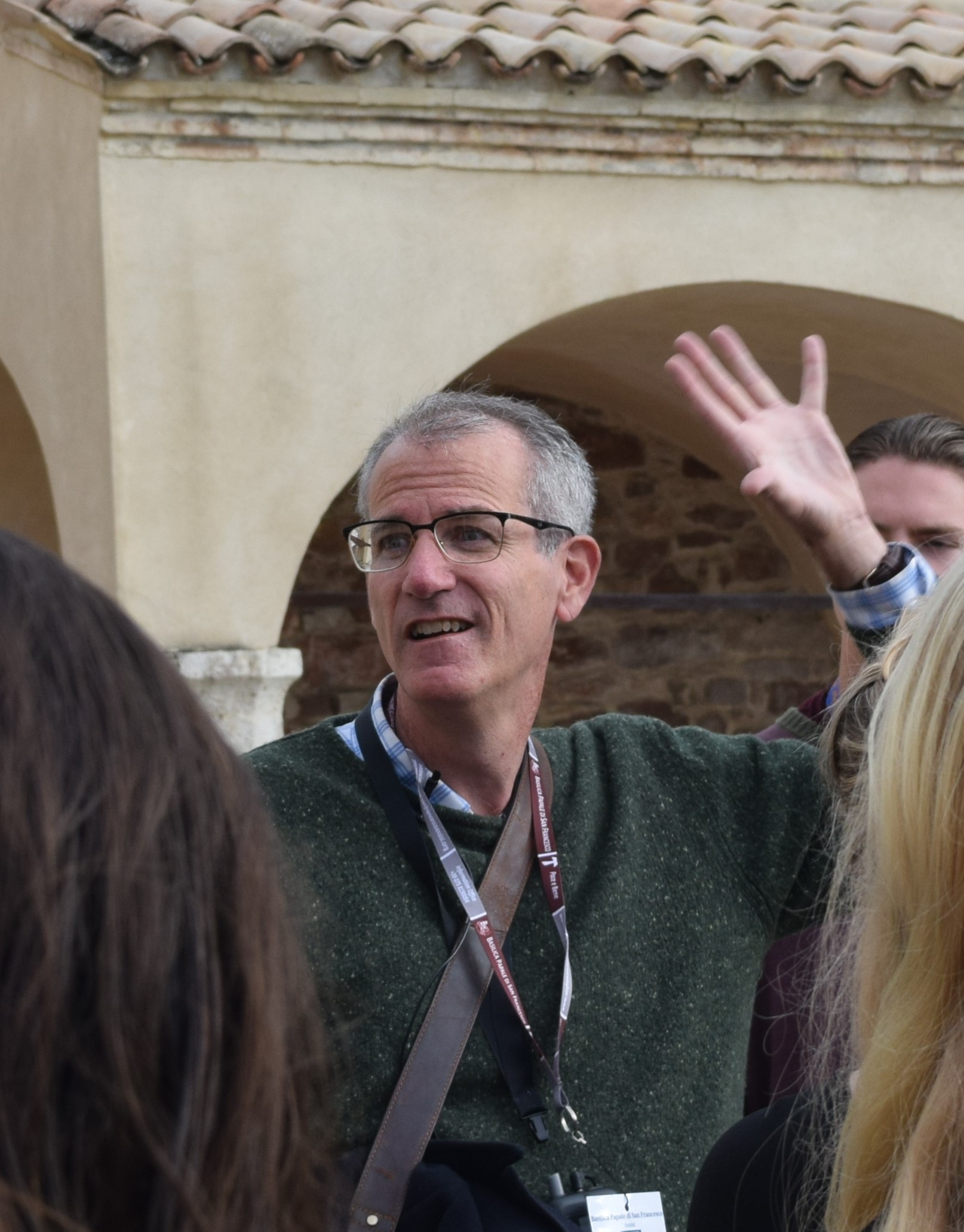Share in the poet's search for wisdom.
The University of Dallas grants all PhDs through the Institute of Philosophic Studies. The philosophic character of literary study within the Institute is reflected in a concentration upon major authors whose works can claim philosophic scope and penetration. Students inquire into the issues treated by great writers, considering the literary treatment as one voice in a conversation in which philosophers, political thinkers, and theologians also participate.
Enter into the Western tradition.
The poet seeks to supplant opinion with knowledge by constructing images of reality that cannot be translated readily into other forms of insight yet are best studied in their company because they explore the same reality.
Institute students join professors dedicated to grasping how and what literary works—verse and prose narratives, tragic and comedic dramas, lyric poems, stylized essays—can teach us about reality and wisdom. Students learn to apprehend the forms of linguistic art by attending to the qualities of poetic speech and by studying the kinds of poetry. They investigate such artistic patterns as those of mythos, ethos, figure, prosody, tone, style, and speech act. In the process they come to appreciate the notable congruences of particularity with generality, of images and concepts, that characterize the poetic mode of being.
The kinds of poetry, the perennial genres, need not be taken as prescriptions arbitrarily imposed, for they can be understood as the shapes literature displays when informed by various human actions and to answer various human wants. Neither the constants of poetic speech nor the continuities of genre sufficiently specify the particular purchase upon human issues offered by any great literary work. To bring this meaning into sharper resolution requires the final act of literary understanding, interpretation of individual poems, an undertaking in which the comparison of poem with poem has its instructive part.
Critical interpretation entails the most careful and sustained attentiveness to elucidating meaning and culminates in critical judgment of the contribution of that meaning to one’s grasp of the truth.
The interpretive dimension of the program is reflected in courses that define their formal object sometimes by genre (epic, lyric, dramatic tragedy and comedy, Menippean satire, the novel), sometimes by cultural period (classical, medieval, early-modern, neo-classical, romantic, American Renaissance, Victorian, modernist), sometimes geopolitically (British, of the American South, postcolonial), and sometimes in major authors (Homer, Virgil, Dante, Chaucer, Spenser, Milton, Shakespeare, Austen, Hawthorne, Melville, James, Conrad, Joyce, Eliot, Stevens, Woolf, Faulkner, Auden, Heaney, Morrison, Wilbur).
Students confront the claims of classical, Christian, and modern poets. They thereby enter into the issues that cause the Western tradition to be a tradition of controversies.
















